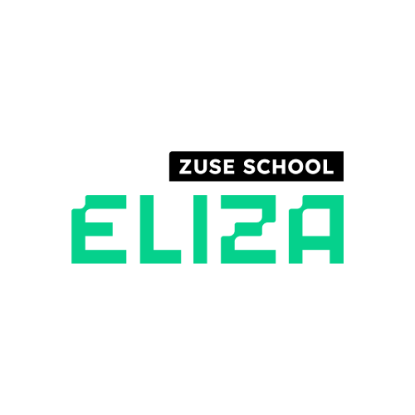Training AI talents in a strong alliance
The Zuse School ELIZA offers students a combination of excellent, research-based education at the Master’s and doctoral level, supervision provided by internationally renowned mentors from both academia and industry, and networking opportunities across different sites. Coordinated by TU Darmstadt, ELIZA brings together research institutes from seven German cities. They work together under the umbrella of the European Laboratory for Learning and Intelligent Systems (ELLIS), Europe’s leading academic network for machine learning-focused AI.



